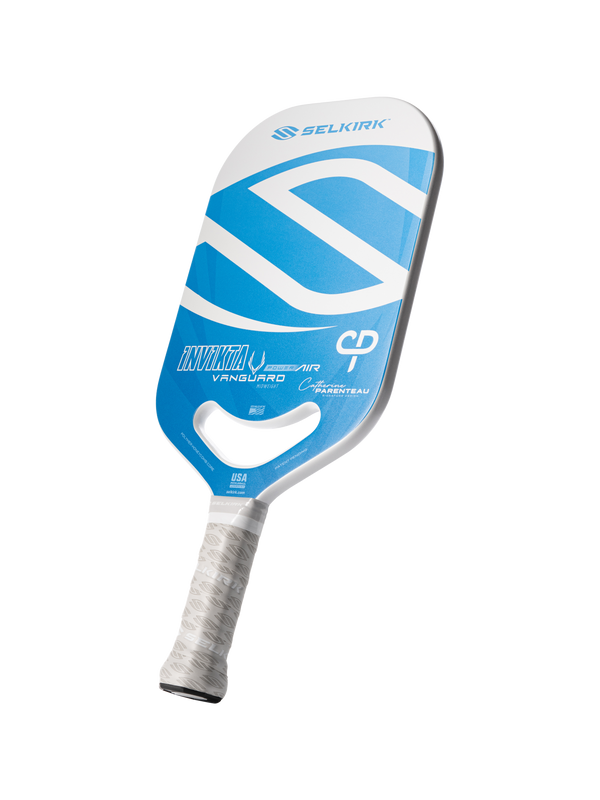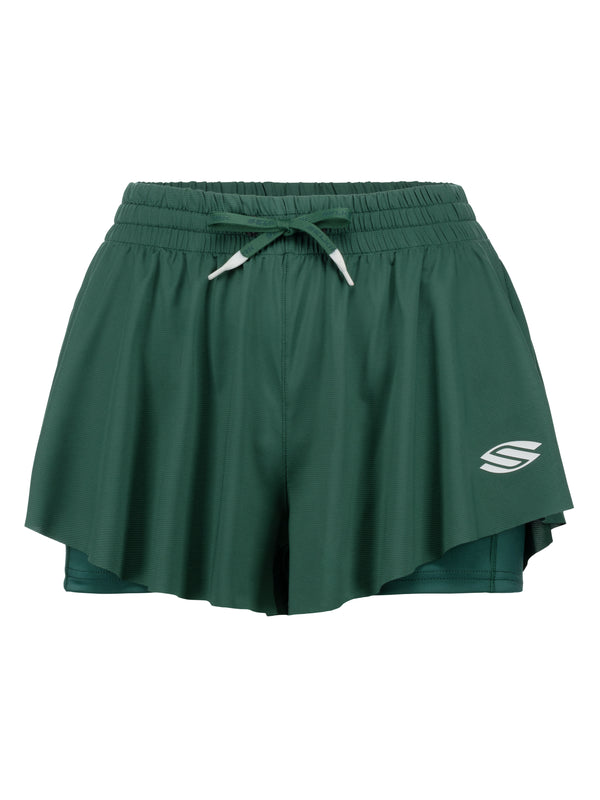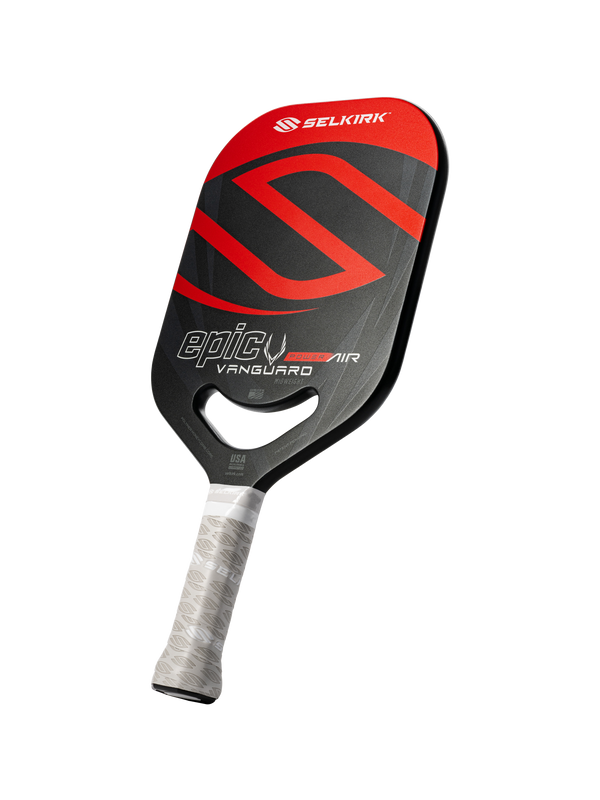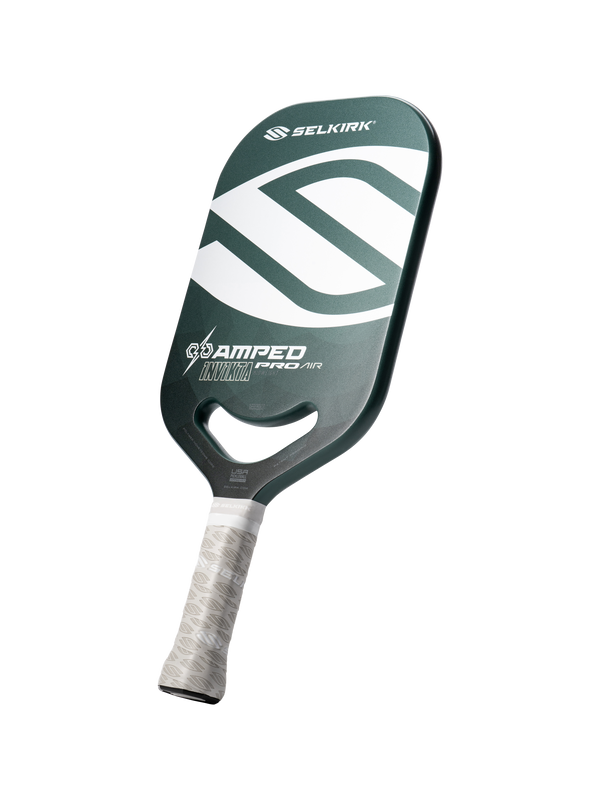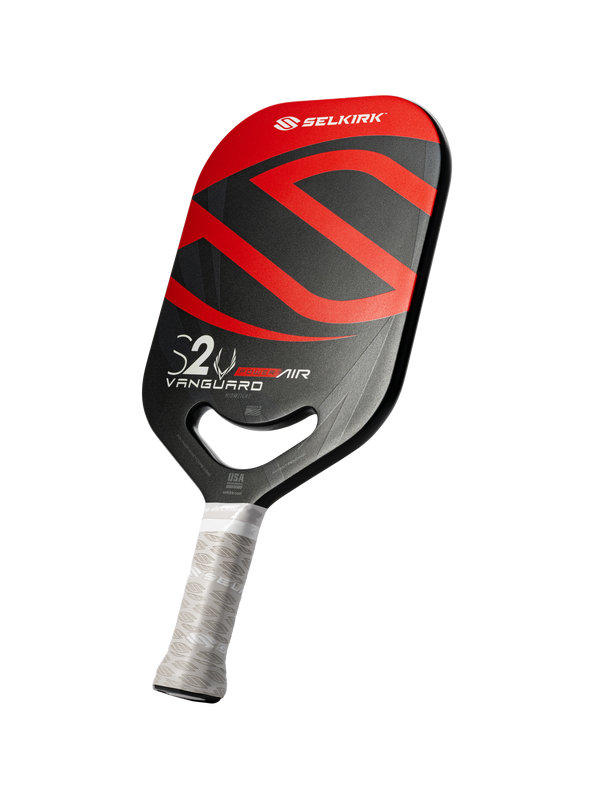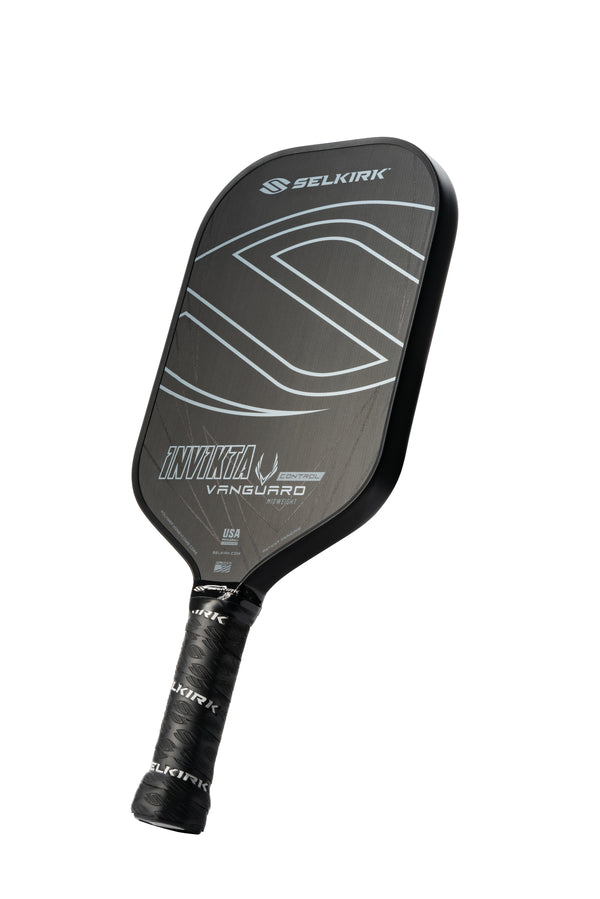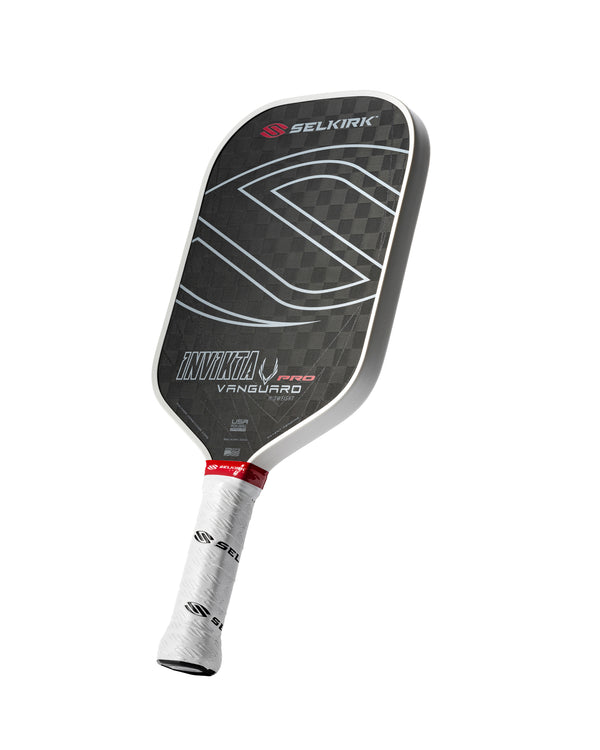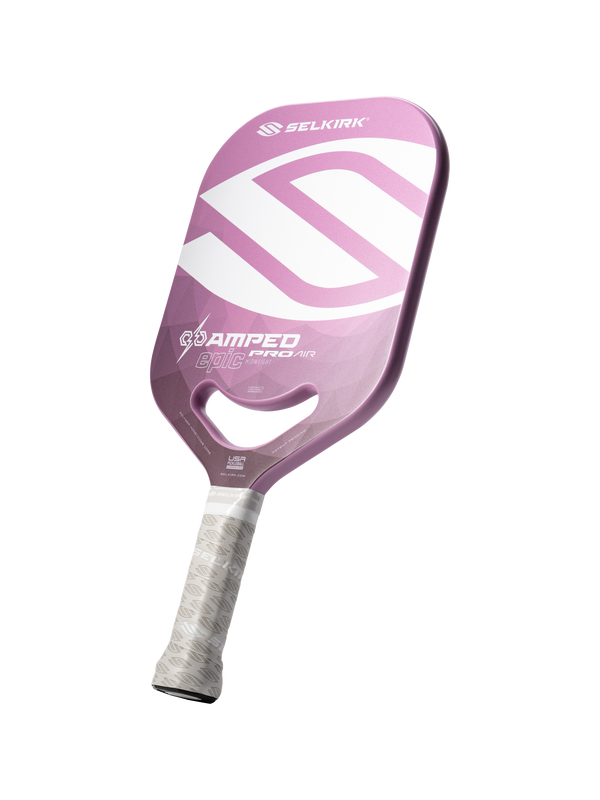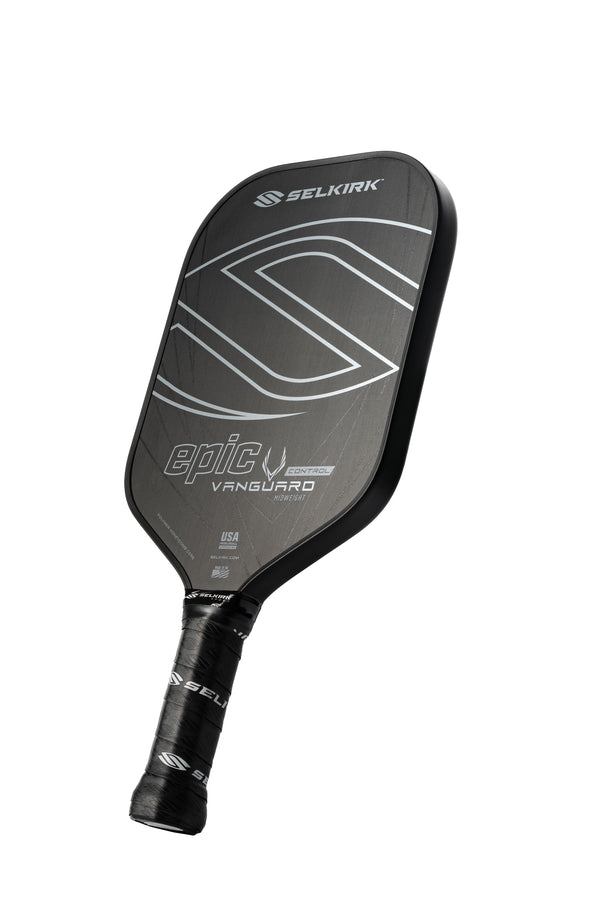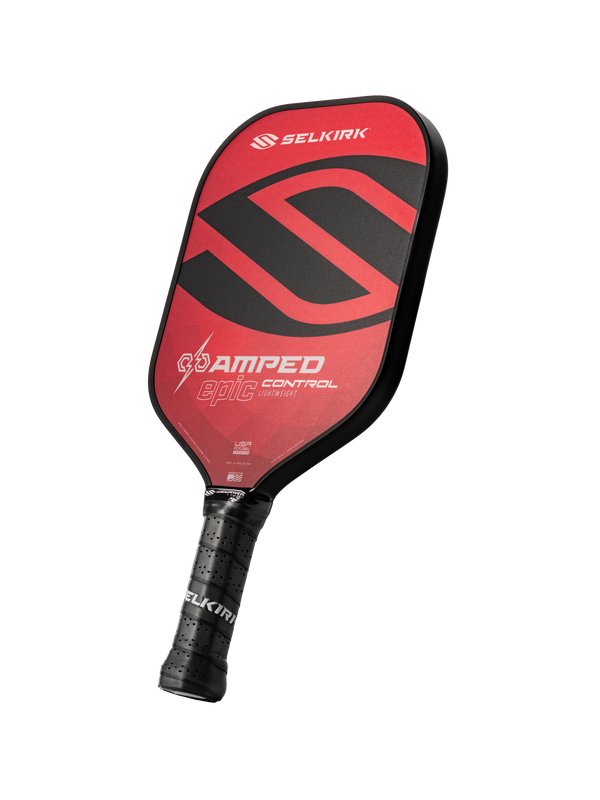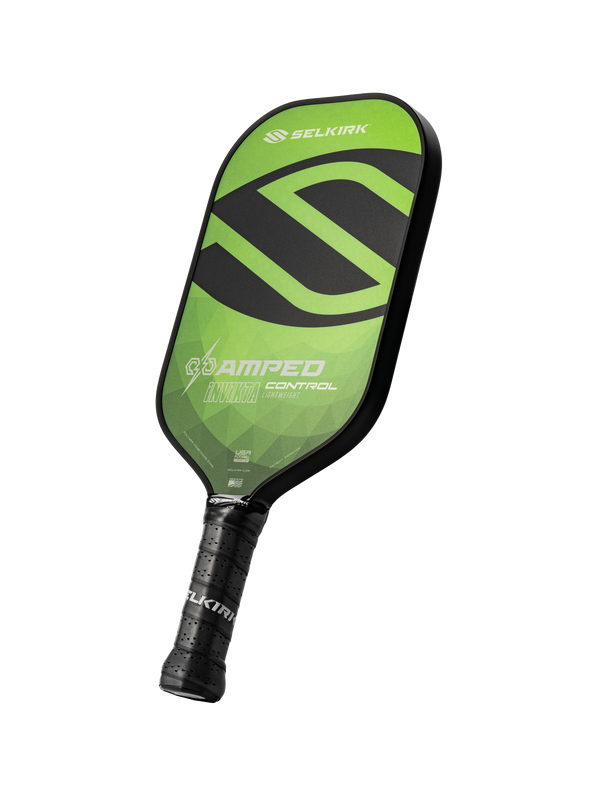Pickleball is famous for being a friendly and social game, but that doesn’t mean everyone wants coaching mid-game.
Whether you’re a seasoned player or just starting out, understanding the unwritten rules of court etiquette helps keep the game enjoyable for everyone.
One of the most common pitfalls? Offering advice when it’s not wanted.
Don’t offer pickleball advice unless you’re asked
It’s tempting to help others improve, especially when you see something that could easily be fixed, like a partner who always rushes to the kitchen line or forgets to call the score.
However, unless someone specifically asks for feedback, it’s best to keep your coaching instincts in check.
Pickleball is a game of rhythm and flow. Constant interruptions, even with good intentions, can frustrate others and break concentration. Remember: your courtmates came to play a game, not to take a lesson.
A good rule of thumb:
If you’re unsure whether advice is welcome, assume it’s not. The best time to offer tips is after the match, not during it. Remember to share tips only if the person seems open to hearing them.
How to give advice the right way
When you do have an opportunity to share your tips, tone and timing are everything. Start by asking permission. Something as simple as, “Would you like a quick tip?” can make all the difference.
If they say yes, keep your feedback short, positive, and specific. Focus on one actionable point rather than a full critique of their abilities.
Instead of saying, “You’re hitting every dink too high,” try something like:
“You might find it easier to keep your dinks low if you loosen your grip a bit.”
Always remember, pickleball is supposed to be fun. The best feedback should sound like encouragement, not instruction.
Offer other ways to learn
If you love helping people improve, there are plenty of options other than cornering players mid-match. Consider suggesting the following instead of offering your own advice.
-
Suggest joining a local clinic or open play group for different skill levels.
-
Recommend watching pro matches or tutorial videos (Selkirk Pickleball TV has some great options).
-
Offer to drill together one-on-one.
What to do if someone won’t stop giving you unwanted pickleball advice
Most players mean well, but if you find yourself on the receiving end of constant, unwanted coaching, it’s OK to set boundaries.
Try responding with appreciation before redirecting the conversation:
“Thanks for the tip! I’m just trying to focus on having fun today.”
“I appreciate it, but I’m not really looking for pointers right now.”
If the advice keeps coming, a polite but firm reminder that you’d prefer to just play can usually resolve the situation. Remember, you’re entitled to enjoy the game on your own terms.
Respect is the ultimate rule
At the end of the day, good pickleball etiquette boils down to one word: respect. Respect your fellow players’ time, space, and personal goals. The court should be a place for connection, not correction.
The next time you’re tempted to coach your partner, take a breath and refocus on having fun. You might find that the best advice is no advice at all.




